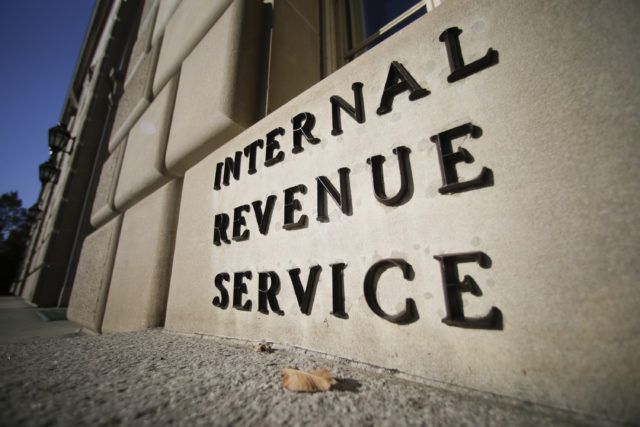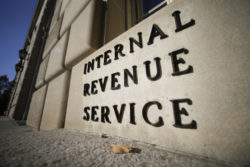Join Our Telegram channel to stay up to date on breaking news coverage
The Internal Revenue Service (IRS) has made progress with clarifying procedures or remitting taxes on cryptocurrency-related events, but there’s a little more work to do. Now, members of the United States House of Representatives have tasked the tax authority with tying up those loose ends.
According to the letter dated December 20, 8 members of Congress urged the IRS to provide additional clarity on its tax laws. While the letter contained an acknowledgment of the progress made by the agency in providing guidance on crypto taxes, it also pointed out that the recent guidance also raises several questions concerning a few topics.
Proper Definitions for hard Forks and Airdrops
Specifically, the members of Congress had problems over the IRS’s definition of airdrops and hard forks. When the tax agency released its official ruling on crypto tax expectations back in October 2019, it explained how taxes should be paid on various taxable events, including airdrops or crypto hard forks, regardless of whether the crypto holder knew of the event or what effects it had on the asset’s price.
The letter from these Congress members explained that the IRS’ original ruling used some hypothetical examples to reference these taxable events, but these examples weren’t plausible, and were the major cause of confusion as regards how citizens could remit their taxes in those cases.
Widening the Scope of the Tax Guidance
The Congress members added that this lack of clarity could lead to receptors of airdrops or hard forks facing taxes without any knowledge of such an event, and urged the tax authority to help clarify things. They also added that the current IRS ruling has no guidance on several crypto-related financial activities, including interest earned from digital asset deposits, crypto-based income, and futures trading.
Also, the letter asked the IRS to provide decisive action on tax reporting and withholding aspects, such as the use of Form 1099 and on the issue of retroactive enforcement.
The issue of the IRS’ crypto tax guidance containing factual inaccuracies and inadequate information has been pointed out by several industry authorities and news outlets since the guidance was released. However, the tax agency has shown no inclination towards making any changes so far. Now that Congress is stepping in, the agency has more of an incentive to do its homework more thoroughly.
Congress’ intervention is also great for the cryptocurrency industry, as it shows that Capitol Hill is beginning to embrace the asset class even more. While no defining laws defining the roles of these assets in the American financial ecosystem have been enacted yet, tax compliance is a good first step and a harbinger for positive things to come.
Join Our Telegram channel to stay up to date on breaking news coverage


